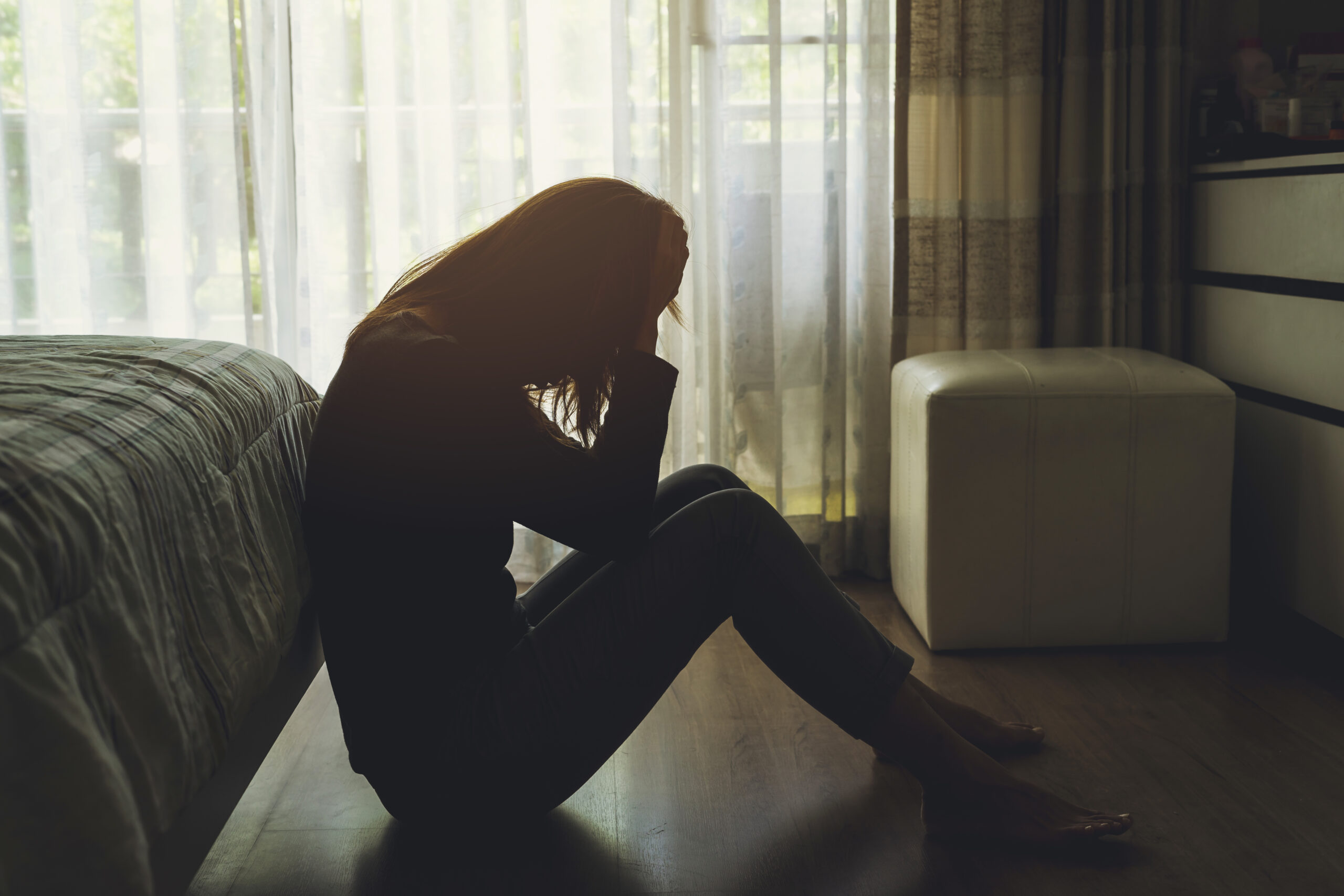By: Samantha Congdon, LMFT
The COVID-19 pandemic has required us to stay home. For many people being quarantined at home is a safe place, but for people in abusive relationships, being isolated for long periods of time can be very dangerous.
The National Domestic Violence hotline’s definition of domestic abuse is a pattern of behaviors used by one partner to maintain power and control over another partner in an intimate relationship. With the outbreak of the coronavirus, being quarantined with an abusive partner presents a greater risk. Tanya Selvartnam wrote an article, “Where Can Domestic Violence Victims Turn during COVID-19?” states, in China the domestic violence nearly doubled since cities went into lockdown.
How do you know you are in an abusive relationship and situation? The first thing to know is abuse is not just physical, a person can also inflict emotional abuse. The National Domestic Violence hotline shares some of the signs of an abusive partner:
· Tells you that you can never do anything right, extreme jealousy.
· Keeps you or discourages you from seeing friends or family members.
· Insults, demeans or shames you with put-downs.
· Controls every penny spent in the household or takes your money or refuses to give you money.
· Looks at you or acts in ways that scare you.
· Controls who you see, where you go, or what you do
· Prevents you from making your own decisions, calls you names.
· Tells you that you are a bad parent or threatens to harm or take away your children.
· Prevents you from working or attending school.
· Destroys your property or threatens to hurt or kill your pets or Intimidates you with weapons.
· Pressures you to have sex when you don’t want to or do things sexually you’re not comfortable with
· Pressures you to use drugs or alcohol
A victim of abuse ordinarily will seek help when they are alone, or will reach out to a friend when the abuser is out of the house. With “stay at home” orders in place, seeking help can pose a threat. Chief Executive Officer Katie Ray-Jones of the National Domestic Violence Hotline offers some resources and ideas to stay safe. She states, first, “It’s important to identify the safest place in the house, away from objects that may be weaponized, like the kitchen and bathroom. Prepare for a situation where an abuser might hide essential supplies, like soap.” While shelters are still considered an “essential service” less people are accessing shelter, due to the virus. So, seeking hotlines, phone consultations and virtual sessions are the more accessible form of support. If the victim is unable to make a call due to an abuser being home, it has been advised that victims turn to a trusted friend or family member if available who can make the call for them. Even in during COVID-19, if an emergency arises, calling 911 is still the best option.
Resources:
National Domestic Violence Hotline contact @ndvh
CALL 1-800-799-7233 or TTY 1-800-787-3224 or CHAT at thehotline.org https://www.thehotline.org/is-this-abuse/abuse-defined/






